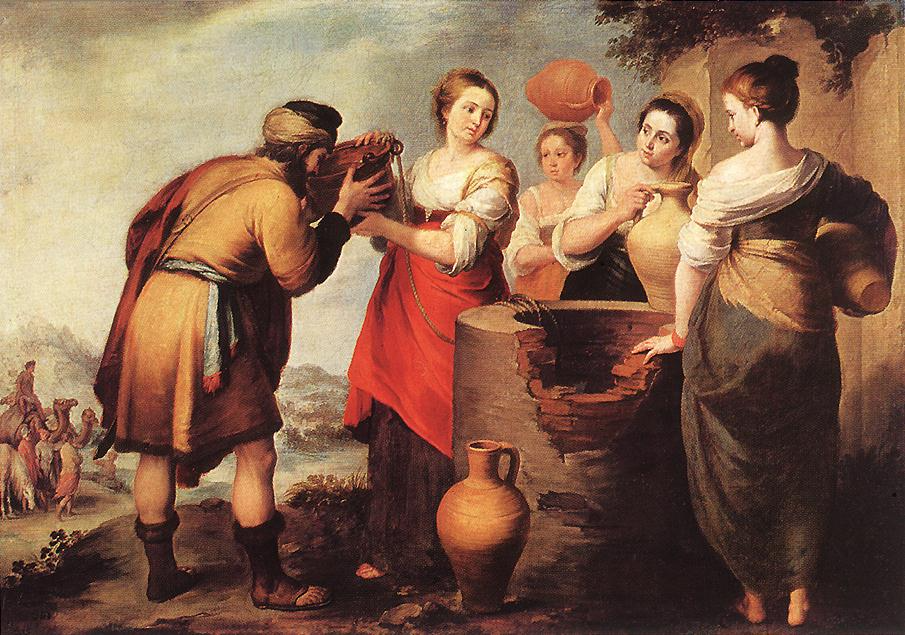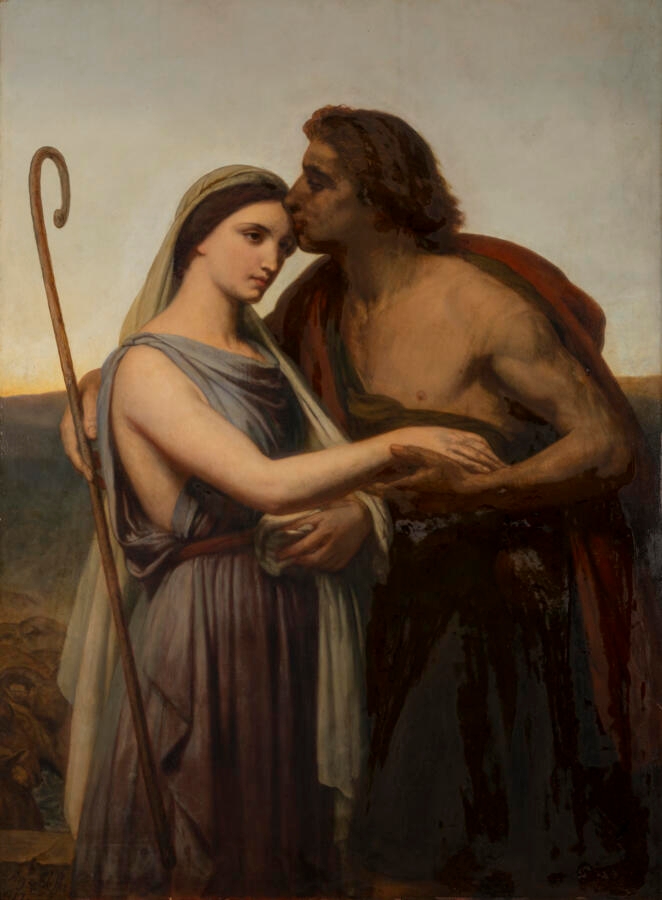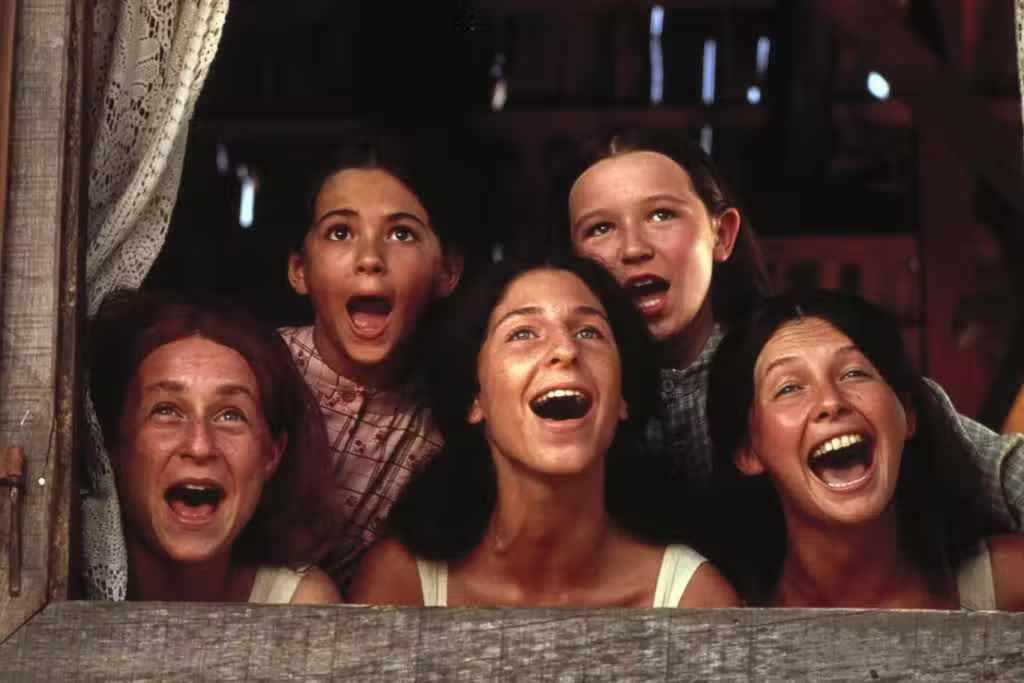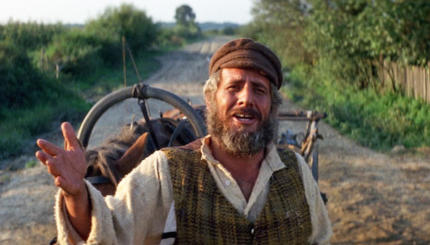Matchmaking has been a part of Jewish life since the Book of Genesis. The traditional matchmaking process — shidduchim in Hebrew — was introduced to the wider world through the blockbuster 20th century musical Fiddler on the Roof and, more recently, has also been featured prominently in the Israeli TV series Shtisel and Netflix’s Jewish Matchmaking.
Shidduchin is the process of matching two Jewish singles for the purpose of marriage. Judaism views marriage as the basis of human companionship and the cornerstone of Jewish community. As the venue for fulfillment of the biblical commandment of p’ru u’rvu, be fruitful and multiply, Jewish marriage is also the basis of Jewish survival.
In Hebrew, a match is known as a shidduch and the person who facilitates a match is a shadchan. Young people in the process of seeking a mate with the help of a matchmaker sometimes say that they are “in shidduchim.”
Matchmaking is common in some Jewish communities, non-existent in others, and looks different across various Jewish communities; divergences are often due to a community’s customs and interpretations of Jewish law. But one aspect common to them all is reliance on the shadchan. Being a successful shadchan is considered especially meritorious — according to Jewish oral tradition, introducing three couples that ultimately marry guarantees the shadchan a place in the heavenly realm of the afterlife.
With your help, My Jewish Learning can provide endless opportunities for learning, connection and discovery.
Matchmaking in the Bible
In biblical times, marriages were commonly arranged and negotiated by the families of the prospective couple. The first instance of Jewish matchmaking might arguably be that of first two people on earth — when God created Eve so that Adam would not be alone.
Another prominent biblical case can be found in Genesis 24 where an aging Abraham instructs his servant Eliezer to find a wife for his son, Isaac. Abraham insists the wife cannot be a Canaanite and sends Eliezer to find a woman from Abraham’s own people. Eliezer travels back to Abraham’s home country where he asks God to give him a sign when he has found the right woman. Fortuitously, almost immediately he meets Rebecca at a well where she offers to water his camels and then quickly agrees to marry Isaac, having never met him. After negotiating with Rebecca’s family, Rebecca agrees to return with Eliezer to marry Isaac.

In this biblical example, we see that there is no single person in charge of a match (Abraham, Eliezer, and Rebecca herself all are instrumental in bringing it about), that there is no element of coercion (Rebecca wants to marry Isaac), and that God is considered to play a key role (in giving Eliezer the signs needed to identify the right partner). These elements continued to inform Jewish ideas about matchmaking through the millennia.
Are All Jewish Marriages Arranged?

No. Even in the Hebrew Bible, we find examples of people who choose their own spouses, sometimes against the express wishes of their families. For instance, Jacob falls in love with his cousin Rachel and wishes to marry her, but is initially tricked into marrying her older sister. Nonetheless, he marries Rachel and she is forever his favorite wife.
Beyond the Bible, stories of love matches not approved by the family populate Jewish lore. For instance, the great Rabbi Akiva married his wife, Rachel, against the wishes of her wealthy father, who only came around to his son-in-law decades later after Akiva had become a great sage.
God Is the Real Shadchan
While the Yiddish word bashert (colloquially used to mean soulmate) is relatively modern, the concept is rooted in an ancient Jewish idea that God is the ultimate shadchan behind every match. According to the Talmud (Sotah 2a), 40 days before an embryo is formed, a divine voice declares, “The daughter of so-and-so is destined to marry so-and-so.”
One midrash even says that after creating the world, God shifted gears to become a full-time shadchan. Genesis Rabbah 68 relays a conversation between the prominent sage Rabbi Yosi ben Halafta and an unnamed Roman woman. Rabbi Yosi ben Halafta explains that according to the Torah, God created the world in six days.
“And since then,” she asked, “what has God been doing?”
“God sits on the Heavenly Throne and makes matches: the daughter of this one to that one, the widow of this one to that one, the money of this one to that one,” responded Rabbi Yosi ben Halafta.
“And for merely this you believe in Him!” she said. “Even I can do that. I have many slaves, both male and female. In no time at all, I can match them for marriage.”
The Roman woman goes on to pair 1,000 enslaved men with 1,000 enslaved women. Within a day, some of the couples had violently attacked each other, while others came to the Roman woman expressing the poor quality of the match. She then returns to Rabbi Yosi ben Halafta:
She said: “There is no God like your God, and your Torah is true, pleasing and praiseworthy. You spoke wisely.”
Rabbi Yosi ben Halafata said to her: “Didn’t I tell you, if it appears easy in your eyes, it is difficult for the Holy One Blessed Be He like splitting the sea. What do you think? That The Holy One Blessed Be He, is marrying them against their will but not for their benefit?!?”
Shidduchim Through the Ages
Jewish legal documents from the Middle Ages reveal that while using a shadchan was widespread in German and French Jewish communities, the role was nearly non-existent among Sephardic Jews. In Entangled Histories: Knowledge, Authority, and Jewish Culture in the 13th Century, Ephraim Kanarfogel explains that families acted as matchmakers:
“Spanish rabbinic authorities, going back to the Muslim period and to at least several Geonim in the east as well, maintained that the divine role in bringing husband and wife together was the predominant factor in determining the existence of a marriage. The task of the parents and grandparents was to arrange the marriage within the earthly realm, of which they were quite capable. However, it was ultimately the divine agency that allowed the marriage to move forward.”
Using a shadchan continued to be the norm in Ashkenazi Jewish communities for hundreds of years regardless of religiosity. According to Shaul Stampfer, the shidduch system was primarily used by more affluent families that were primarily concerned with maintaining their wealth and social status. A common match was a promising young Torah scholar paired with a wealthy young woman. This practice ensured that Torah study and Torah scholars were adequately financed.
Shidduchin Today
In Haredi communities, shidduchin is virtually the only path to marriage, as all interactions between men and women are highly circumscribed. The widespread demand has launched shadchan as a full-time career for both men and women. However, there are no requirements in Jewish law regarding who can be a shadchan.
Once someone decides they are ready to start searching for their match, they meet with the shadchan to explain what they are searching for in terms of hashkafa (religious philosophy), personality and building a future family. Prospective daters commonly create a resume that outlines their height and weight, their educational background, their family’s origins and customs, their synagogue affiliations and other basic information. A shadchan may have hundreds of resumes on file at any given time.
In addition to having a resume, the shadchan will collect references from teachers, roommates, classmates, family friends and other community members who can attest to the prospective candidate’s character and commitment to building a Jewish home.
The shadchan does more than just suggest a match. In ultra-Orthodox communities, the prospective couple does not communicate directly, so the shadchan schedules dates, conveys locations, answers any concerns from the families, and even halts the shidduch process once one party says they are no longer interested.
Outside the Haredi world, professionalized matchmaking is less common. But the internet has created new avenues for Jewish matchmaking in many Jewish communities. Saw You At Sinai, a matchmaking website launched in 2003, pairs couples after they have filled out a comprehensive profile. While most dating sites use an algorithm to show users each others’ profiles, Saw You at Sinai has actual matchmakers that review user profiles and suggest shidduchs. Other websites, such as Yismach and FindYourBashert, function similarly for Orthodox Jews.
Jewish matchmaking is also commonly facilitated by Jewish federations and community centers through singles meet-ups, speed-dating and other events. Some Jewish communities even have matchmakers dedicated to arranging shidduchim for non-Orthodox Jews, like Tribe12 in Philadelphia.
Read more on Jewish matchmaking from our partners:
Sorry, Fiddler on the Roof, I Don’t Want a Matchmaker
In ‘Jewish Matchmaking,’ a diverse set of Jews experience Orthodox dating practices
I Arranged My Kids’ Jewish Marriages. Here’s What Happened.



